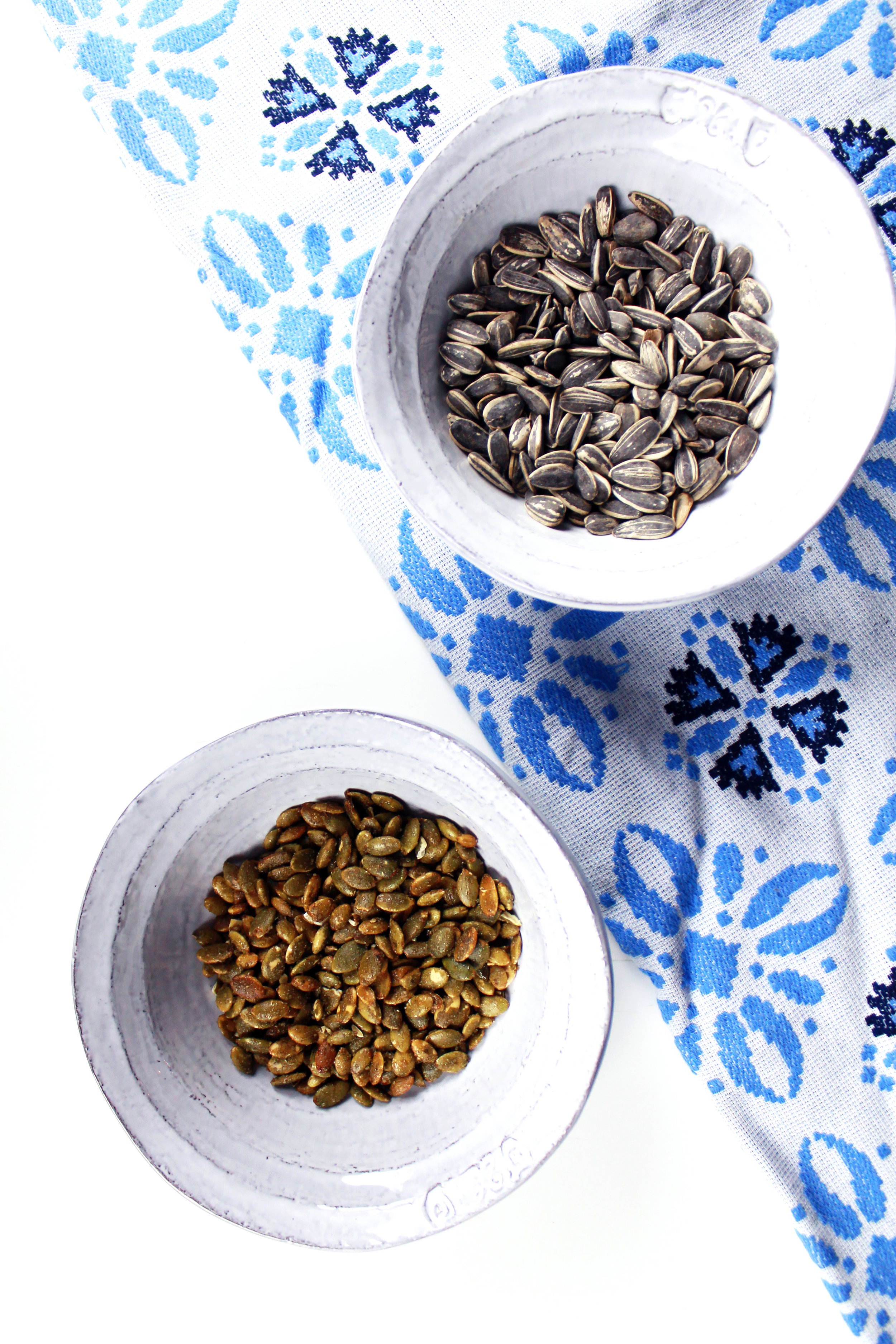If you're anywhere on social media you have likely seen an article highlighting this study showing that adults over the age of 18 are developing food allergies at a higher rate than ever before. And no one knows why.
Personally I'm relieved that this information is gaining mainstream attention. Over the past few years several of my adult friends have developed allergies to almonds and peanuts specifically, and my mom became allergic to nuts and peanuts when she was in her late forties. These are people who previously consumed nuts regularly and without a second thought.
The second facet to this new story is that visits to the emergency room for anaphylactic reactions are on the rise. People are going about their lives with no idea that their body has undergone this change; that one of the most basic necessities, food, is now potentially harmful to them.
Imagine not having grown up with food allergies and suddenly, after twenty or more years of life, you go into anaphylactic shock during dinner? If you didn't have friends or family with allergies you may have absolutely no clue how to react to the situation. And of course you wouldn't own an Epi Pen, and we know how crucial it is for that to be administered quickly. For other people it develops more slowly and with warning signs like an itchy mouth or hives, leading them to book an allergy skin test.
One thing I notice all of my allergic adult friends have in common is that they're just learning to navigate the world as an allergic person without any handrails. Despite their best efforts, it shows, and I often feel anxious on their behalf. Allergy kids grow up with tribal knowledge from their parents who did the research and made mistakes. Having to learn when you're already set in your ways is like getting thrown into the deep and being expected to swim.
Managing your food allergies involves so much more than just "avoiding" certain foods. It means having to communicate your allergies to anyone serving you food, having to think ahead about what you will eat because access to safe food is not a certainty, calling food and cosmetic companies to check about shared lines and ingredients, having to remember to read every label on every single thing you buy, and understanding that taking chances on "may contain" items is really not worth it.
Sure, this info is explicitly stated on government food safety webpages, websites, and allergy blogs much like EAF. But I know from experience that allergic adults don't fully understand the severity of their condition until they have a slip up or a reaction occurs. I wish this was different. I'm not saying adults aren't proactive about food allergy education, but the reality is that it's difficult to conceptualize that something which you previously consumed could now cause you severe harm unless you have experienced or seen it.
What's the conclusion here? In truth I'm not entirely sure.
I have a habit of carrying 3 Epi Pens with me when I go to dinner with my friends or family because I know that they don't always bring their own. As the person who likely best understands the situation, I feel it's my social responsibility to carry on their behalf. To protect them like my mom did for me until they've grown into it.
I know that it's cases like our friends developing allergies that lead Jo and I to write more, publish more, and share more information. You can't make someone buy an Epi Pen or carry it with them, but you can give them information that might compel them to do so independently.

